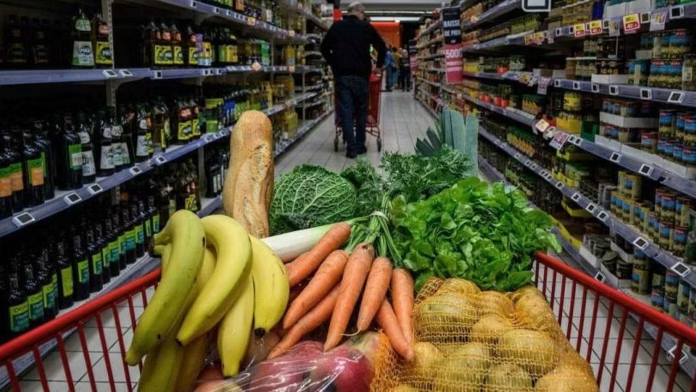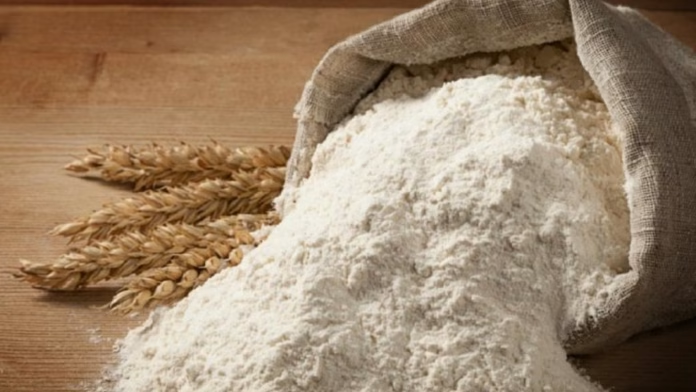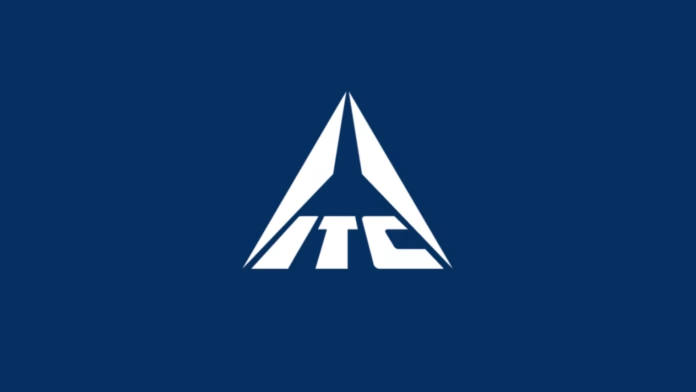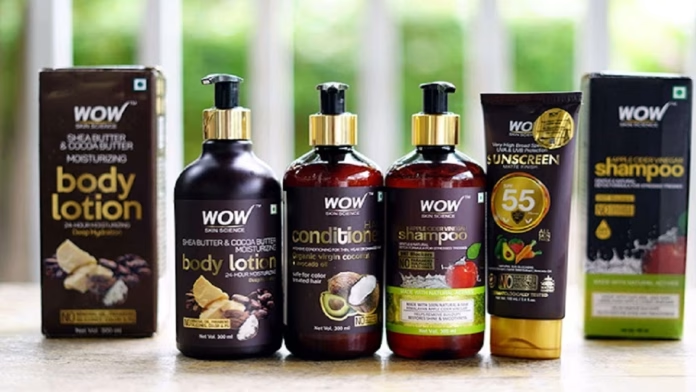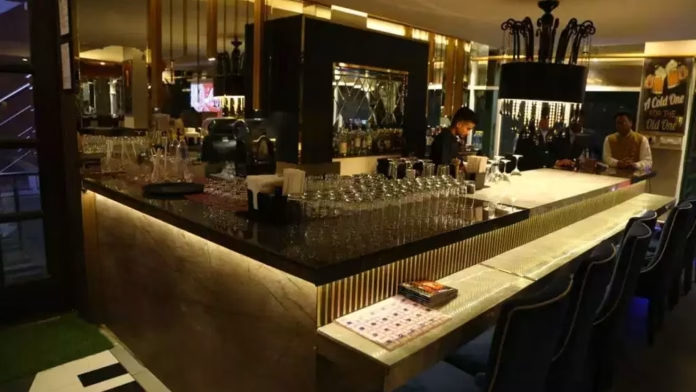The United Nations food agency’s world price index, which measures the average price changes for a basket of food commodities around the world, experienced a rise in April. This was the first increase in a year. However, the index is still down by approximately 20% from the record high that was reached in March 2022, following Russia’s invasion of Ukraine.
The Food and Agriculture Organization (FAO) has reported that its price index, which tracks the most frequently traded food commodities worldwide, had an average of 127.2 points in the previous month. This is a small increase from March’s figure of 126.5, which was initially reported as 126.9. The announcement was made by the FAO on Friday.
According to the Rome-based agency, the increase in April’s price index was driven by higher prices for sugar, meat, and rice. These gains helped to offset the declines seen in the price indices for cereals, dairy, and vegetable oil.
“As economies recover from significant slowdowns, demand will increase, exerting upward pressure on food prices,” said FAO Chief Economist Maximo Torero.
The FAO reported that the sugar price index experienced a significant surge of 17.6% from March, reaching its highest level since October 2011. The rise was attributed to concerns about tighter supplies due to lower production forecasts for India and China, as well as lower-than-expected outputs in Thailand and the European Union.
The FAO reported that the meat index increased by 1.3% from the previous month. In contrast, dairy prices dropped by 1.7%, while vegetable oil prices and cereal prices also fell by 1.3% and 1.7%, respectively. The decline in the prices of all major grains around the world outweighed the increase in rice prices.
“The increase in rice prices is extremely worrisome and it is essential that the Black Sea initiative is renewed to avoid any other spikes in wheat and maize,” said Torero, referring to a deal to allow the export of Ukrainian grain via the Black Sea.
The FAO has released a separate report on the supply and demand of cereals. In the report, the organization predicts that the world wheat production in 2023 will be 785 million tonnes, slightly lower than the 2022 levels. However, this is still expected to be the second-largest production on record.
“(The) 2023/24 prospects for rice production along and south of the equator are mixed, largely due to the regionally varied impact of the La Niña event,” FAO said.
The FAO has revised its estimate for the global cereal production in 2022, increasing it from 2.777 billion tonnes to 2.785 billion tonnes. This is only a 1.0% decrease from the previous year’s production.

